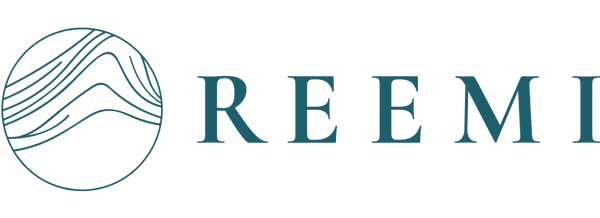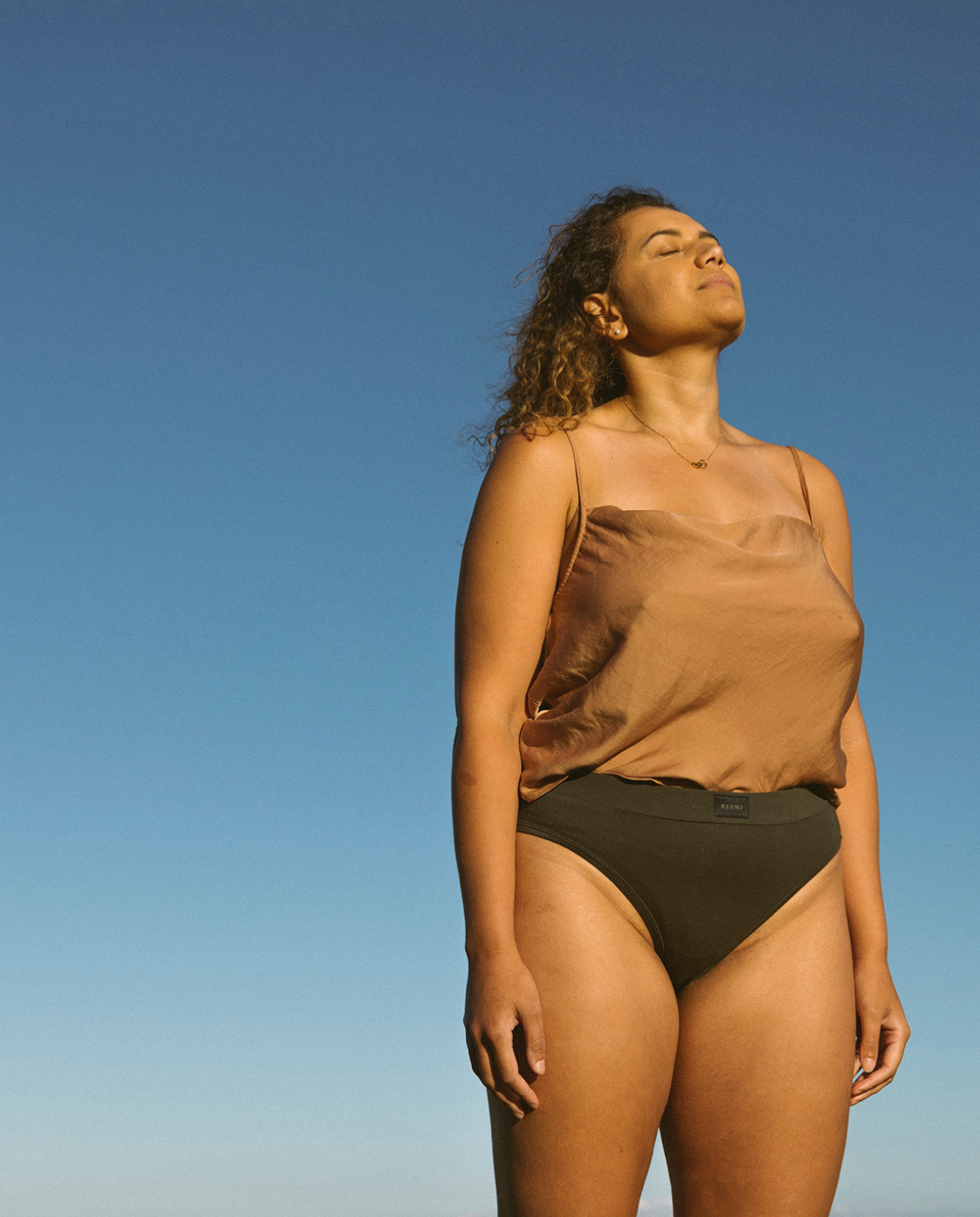
Is Change Even Possible?
Share
It’s really hard to look at what’s going on in Afghanistan, the recent IPCC report on climate change, human rights abuses globally, BLM and well, ya know this pandemic we’re still dealing with and have any ounce of hope that the world might be getting any better. Climate anxiety is a real-deal thing and I can 100% see why. We’re also seeing a shift in global superpowers and that’s pretty unnerving. It’s fair to say that we’re facing some pretty extraordinary challenges. I would also caution dismissing your own fears amongst this time. No matter how privileged you are. Nobody was immune to COVID-19 and yes, I’m deeply aware that experiences of COVID-19 have been vastly different, distributed unequally. But I caution this because if we dismiss our own fears, and plunge ourselves into guilt, they’re not useful nor helpful vehicles for change. Acknowledging our own needs, gives us space for generosity. We’re a lot less useful if we’re in denial. I was compelled to write today because in my personal life, I am always asked where is the hope? And now professionally, I am being asked this more frequently. I often field questions from young people if *change* is even possible. “How do we measure change?'' I ask back. Recently, we’ve taken a few steps backwards when it comes to poverty globally. It too, has a flow on effect to period poverty - the messed up supply chains, job losses, access to water, inflation and lockdown measures have all led to numbers going backwards for the first time since the 90s. Numbers. People. Humans. Individuals personally affected.
I hear you. I really do. It’s an overwhelming time. But we’ve been here before. This is not the first time, global superpowers shifting, a pandemic, mass death and human rights injustices occur so quickly together (1914-1918). Unfortunately, what we’re witnessing in Afghanistan is not the first time an unfair, and unjust war has occurred and ended abysmally. So where to? Things breaking as they are, gives us an opportunity. You see, the other thing I grapple with for Reemi is how we do our work without reinforcing old colonial stereotypes. When we work with cultural stigmas for example, it can be really easy to impose your own ideas onto other cultures. “What! People don’t do xyz when they’re on their period?!” I question our participation in this work. But then I question my privilege. What if all those with access to privilege and resources didn’t participate in this work? And that’s a scarier world that I would rather not live in. The questions of what opportunities are being presented to us as things are breaking and the questions around privilege – led to one fundamental idea. It’s not if we should or shouldn’t be participating in change, it’s how we are participating in change. Environmental degradation affects the poorest in the world first. Poverty and climate change are inextricably linked. When we are advocating for climate change, we’re advocating for justice for the most vulnerable. We can’t be Shein consumerists one day and a vegetarian the next. It’s not helping. It’s seeing humanitarian work being less dive in and dive out, and more about empowering local organisations to have the resources they need. With extraordinary times, there are many extraordinary people that step up. Often these are people who are marginalised and personally affected by the extreme challenges and they continue to persevere regardless.
Let’s not forget that Malala was shot by the Taliban, the same organisation now in power in Afghanistan. The inspiration and the genuine grassroots change she has created for many is so powerful. But her story is well known, and there are many more untold.
So, is change even possible? The question really is.. How do we measure it? By the stories told or the many untold? Imagine the hope we might hold if we knew all the stories of great courage, and hospitality?
Too often, we are looking for the dramatic shifts in power structures and we forget about the small actions of many. We forget about the activism that Rosa participated in before she sat at the front of the bus. We forget about the women entrepreneurs in the Rohingya refugee camp, quietly working to save enough money for chickens, which will bring their family an income. We forget about Pania’s commitment to her whenua and advocacy for years, before it culminated in a national protest at Ihumatao.
If we only value impact by its moment in the spotlight or by the number of lives we have impacted, we’re setting ourselves up for failure. People are not numbers. If we bring back humanity into the question, the very reason this question exists… If one life could be improved, does that make your regular and consistent actions worth it?
Undoubtedly, I believe so. Martin Luther King Jr says it best, “The arc of the moral universe is long, but it bends toward justice.”

